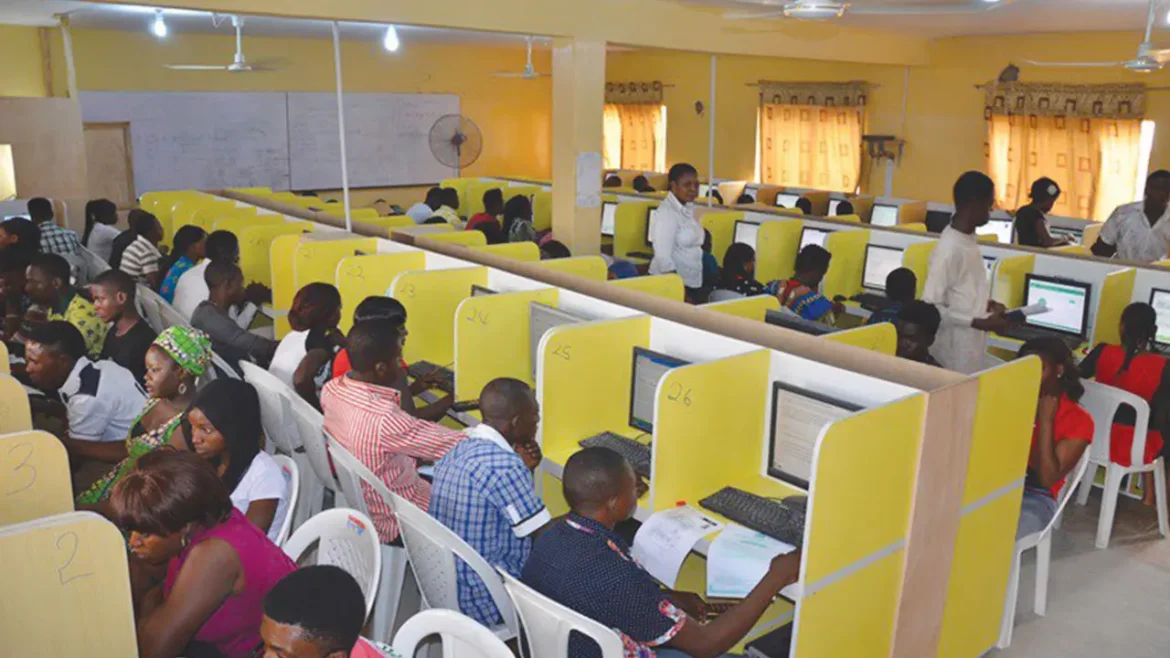An education-policy expert on Facebook has blasted the country’s admissions system, saying Nigeria is “virtually the only country forcing it’s school-leavers to clear three different exams, WAEC, the Unified Tertiary Matriculation Examination (UTME) and Post-UTME before they can gain admission into the university.
The Facebook post, shared widely at the weekend, contrasts the Nigerian model with those of developed nations like Canada and the United States, where a single set of school results or a one-time college-readiness test usually suffices.
How the three-tier regime took shape
The Joint Admissions and Matriculation Board (JAMB) was created in 1978 after the Committee of Vice-Chancellors urged the federal government to rationalise university entry.
A military decree merged two planned bodies, one for matriculation, another for placement—into a single agency that was meant to handle five distinct tasks, only one of which involved testing students.
Today, critics argue that JAMB has become “largely an exam vendor”, and has failed in it’s duties of admiting students seamlessly.
This year’s UTME illustrates the problem. Of the 1.9 million candidates who sat the test, only about 420 000 (22 per cent) reached the 200-point benchmark that universities typically accept.
Nearly 80 per cent fell short, in some cases after computer glitches left questions blank on-screen.
“If a national exam excludes four in five candidates—and then asks many to pay to resit, what public purpose is it serving?” the analyst asked.
What comparable systems look like:
In Canada, Grade 12 transcripts usually open the door; there is no national exit exam, let alone a second or third gate.
Also, in the United States, most universities consider a student’s best SAT or ACT score—tests that can be taken multiple times—with no extra screening at campus level.
BBC
Both countries accept the West African Senior School Certificate Examination (WAEC) as proof of secondary completion from Nigerian applicants, the analyst notes—“yet at home the same WAEC result is treated as merely hurdle one.”
The critic noted that each added test means fresh fees, months of preparation and travel to distant centres. Exposing the students to emotional stress, insecurity, and inflation as they must now budget for three exams.
Beyond cost, time is lost. Candidates may wait a full academic year if any stage gets delayed. “We are burdening young people with hoops that even more prestigious systems don’t impose—and we still have no Nigerian university in the global top 20,” the post concludes.














